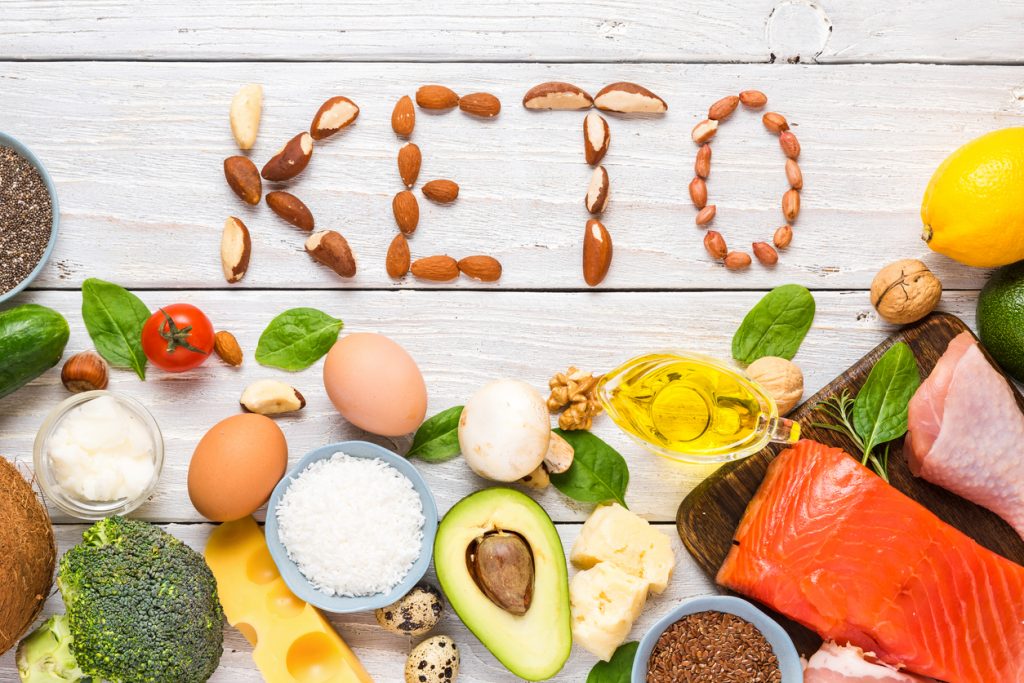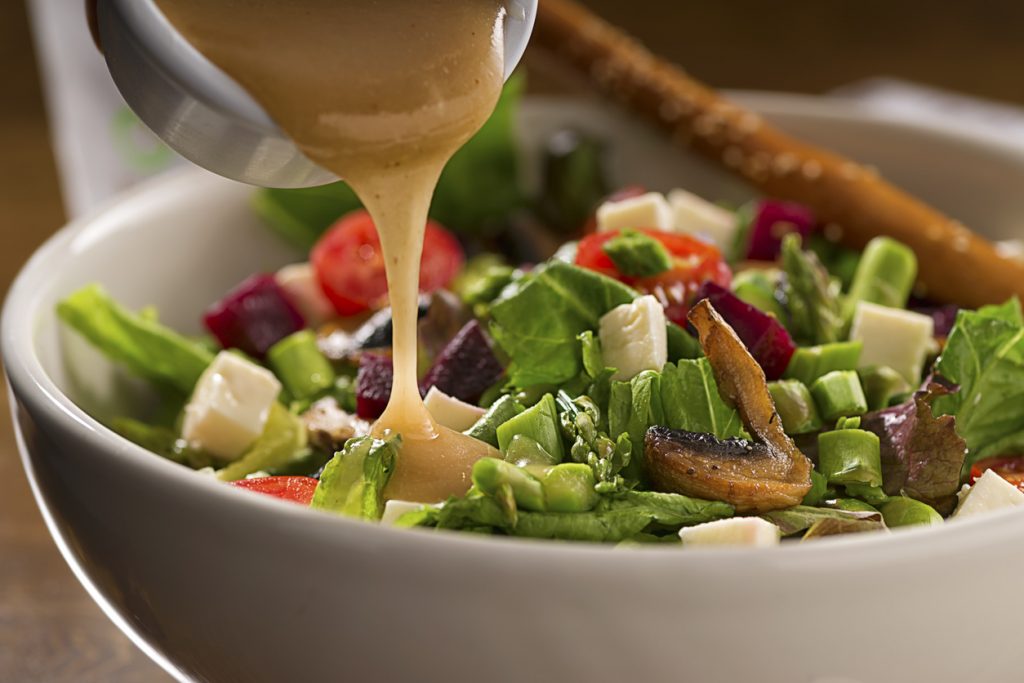Keto diets have become a popular diet that is rather effective for weight loss. When you go on a keto diet, you drastically cut carbs and consume fats and proteins for energy and calories instead. This forces the body into a state called ketosis, which means your body doesn’t have enough carbohydrates available to burn for energy. Instead, the body is forced to use the body’s fat stores for fuel. This results in weight loss.
Many people who try the keto diet don’t quite do keto the right way, and their misconceptions can be why they don’t see weight loss or as much weight loss as they could if they followed the diet properly. The following are 10 common keto mistakes dieters often make:
Not Eating Enough Protein:

Many think eating too much protein can cause them to no longer remain in ketosis. This is not true. Eating enough protein is crucial to feeling full and satisfied. Protein also contains amino acids, which are crucial to repairing and rebuilding muscle. Many dieters don’t realize how much protein they can consume while on a keto diet. Most dieters who consume are amount of protein will have a relatively easy time remaining in ketosis.
When eating a keto diet, many people are far more likely to consume too little protein rather than too much. So it would help if you were consuming at least 0.8 to 1.0 grams of protein per pound of body weight. That amount can go up to 1.6 grams of protein per pound of bodyweight for an athlete.
Your Diet Lacks Vitamins & Minerals:
If you are not consuming adequate vitamins and minerals, you will suffer from a host of health issues. You can avoid health issues by consuming various nutrient-dense foods that are still low in carbs. Foods that help are fatty cuts of steak like grass-fed beef or NY strip steak and foods with lots of vitamins in them. Foods that are rich in vitamins can also be eaten. Eating foods like eggs, avocados, bone-broth, leafy greens, and broccoli sprouts offer options for lots of vitamins and minerals while still being low-carb.
Not Balancing Your Electrolytes:
The electrolytes fall into a micronutrient category but are also vital to helping you feel your best while following the keto diet. Your electrolytes are the most vital when your body is entering the “state of ketosis” state as you will likely find yourself urinating more frequently, which means that your electrolyte levels can be off. When someone’s electrolytes are not balanced, the person might feel symptoms of the “keto flu,” which means that you feel fatigue, muscle aches, and weaknesses. Feeling these symptoms discourages many people from continuing their diet, which derails their progress.
To balance your electrolytes, taking a quality electrolyte supplement can help ward off the symptoms. You want to make sure your supplement includes the key micronutrients your body needs, including sodium, calcium, potassium, and magnesium.
Failing to Track Macronutrients Correctly:
Even on the keto diet, it is possible to overeat and either hamper or stop your weight loss progress. If you miscalculate your calorie intake, you will not have the success that you could have on a keto diet. Determining your calorie needs is a unique process for each person. No two people have the same calorie needs. You can determine these calorie needs by using a keto calculator, which can help you determine your calorie needs. This can help you keep your macronutrient goals on track to help maximize the effectiveness of your diet.
Consuming Too Many Carbohydrates:
Many people on a keto diet don’t understand their body’s true carbohydrates needs. Overeating our carbohydrates can prevent your body from entering a state of ketosis. Based on your activity level, most people can stay in ketosis while consuming between 20 and 50 grams of total carbohydrates (net carbs). If you don’t do much activity, about 20 grams of carbs is safe, and if you are an athlete, you can probably go up to 50 grams of carbs per day and remain in ketosis. The rest of your calories should be from fats.
You Are Not Getting Enough Sleep:
Getting enough quality sleep is crucial to both recoveries from workouts and to helping aid in weight loss. Aim for 7 to 9 hours of quality sleep each day. Be sure to keep the room that you sleep in completely dark and the temperature set between 65 and 70 degrees. Consider a natural sleep supplement like magnesium or melatonin for additional help falling and remaining asleep.
You Eat Too Many Highly Inflammatory Foods:
Whether you eat a low-carb diet or not, eating too many inflammatory foods can cause your weight loss to stall or cause severe bloat. Many new keto dieters will eat many processed meat and vegetable oils, which causes general inflammation and can cause your energy levels to drop. Instead, eat plenty of fresh, pasteurized meats and organic, low-carb vegetables as you can. In addition, use quality fats like canola oil, soybean oil, peanut oil, coconut oil, olive oil, or avocados.
Avoid Eating Too Many Artificially Sweeteners:
You don’t want to use many artificially sweetened sweeteners as they can cause inflammation. This includes aspartame, saccharin, and surculose, to name a few sweeteners to avoid. Consuming too many of these sweeteners in things like Diet Cokes or teas can cause your body to come out of ketosis. Your body can stay in ketosis easier without diet beverages and other non-caloric sweeteners.
Quit Eating Hidden Carbs:

Be careful of hidden carbs in your food. Some processed foods like meats or dressings or other condiments that you might consume can contain more carbs than you realize, pulling your body out of ketosis. Be sure to look for hidden carbs in food like dairy/non-dairy products, low-carb, packaged foods, sausages, bacon, peanut butter, protein bars/powders, and sports drinks.
Neglecting Low-Carb Vegetables:
Many dieters think they don’t need to eat vegetables to stay in ketosis. However, many veggies are low in carbohydrates, so focus on consuming those vegetables in your diet. Vegetables that you can safely consume in larger quantities on a keto diet include cauliflower, spinach, broccoli, asparagus, kale, cabbage, or zucchini. Avoid starchy vegetables like potatoes, squash, corn, or peas. They are higher in carbohydrates.
Eating large amounts of lower-carbohydrate vegetables can help you feel full and satisfied. They also provide vitamins and minerals that your body needs. If you feel full and satisfied while on your keto diet, you are a lot less likely to break your diet and hamper your progress.
Maximize Your Keto Success: Key Diet Takeaways
Keto diets are a largely effective way to lose weight. Eating the right thing at the right times while staying within your calorie count makes this eating plan as effective as possible. Be sure to understand your body’s energy needs to maximize your weight loss efforts once you understand what you need to eat and how to structure your diet to have the most success possible with your weight loss goals.